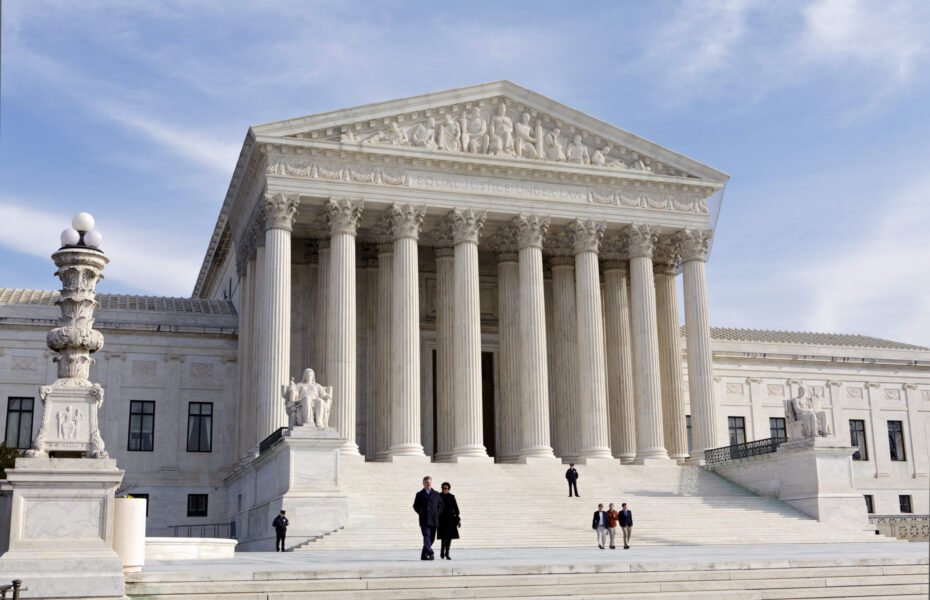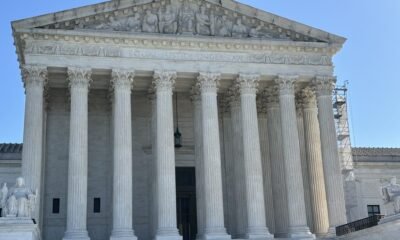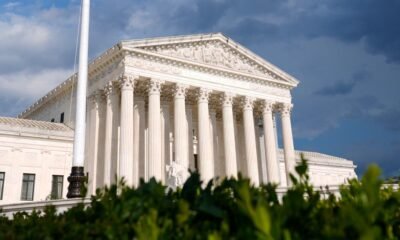attorney general
High Court Ruling Establishes a Divided Nation

Red states won’t be covered by nationwide injunctions sought by blue state leaders.
The Supreme Court’s recent decision to limit the scope of nationwide injunctions signifies a potential divide among U.S. states.
Residents of the 21 states and Washington, D.C., represented by Democratic attorneys general, remain protected from various actions by the Trump administration, including moves to freeze federal funding.
However, Democratic Attorneys General may find it more challenging to secure protections for blue states as legal battles unfold.
The 6-3 ruling raises questions about how birthright citizenship is applied across the country.
While the ruling did not determine the constitutionality of Trump’s January executive order, it signals that citizenship for children of immigrant parents might vary depending on their state’s attorney general’s willingness to litigate.
During a virtual press conference, five Democratic Attorneys General emphasized that birthright citizenship remains in effect for the next 30 days. They expressed optimism in obtaining a nationwide injunction.
“To ensure states receive necessary protections against harms from this order, we need nationwide relief,” stated New Jersey Attorney General Matthew Platkin (D).
Platkin further commented on the challenge of managing a consistent citizenship standard across states, particularly regarding those not part of their coalition.
The attorneys general do not anticipate the Supreme Court’s ruling impacting previous nationwide injunctions, including those halting Trump’s federal funding freezes.
“The court clearly indicated that if states can demonstrate a need for nationwide relief due to imposed harms, it is justified,” Platkin noted.
Trump hailed the Supreme Court’s decision as a significant victory, a sentiment echoed by some Republican attorneys general.
“Democratically enacted laws should not be paused by judges acting beyond their authority,” remarked Ohio Attorney General Dave Yost (R).
In January, Trump issued an executive order redefining the Fourteenth Amendment’s application, proposing that children born in the U.S. to non-resident parents would not automatically qualify for citizenship.
Lower courts consistently ruled that this order breaches the U.S. Constitution.
At a Denver event in April, Democratic attorneys general acknowledged their mixed feelings regarding nationwide injunctions, noting the protections inadvertently extended to red states.
“We are conflicted over this,” stated Hawaii Attorney General Anne Lopez (D).
Lopez highlighted a recent court ruling that successfully blocked funding cuts to National Institutes of Health grants, which could impact various states differently.
“It’s satisfying to win this fight, and I believe red states not joining us will experience consequences from this election,” she concluded.














![Members of the Arizona House of Representatives vote during a third reading of nearly three dozen bills at the Arizona State Capitol on March 4, 2025. [Monica D. Spencer]](https://arizonanews.org/wp-content/uploads/2025/06/SR-347-Secures-53M-in-Third-State-Budget-Draft-Awaiting-80x80.jpg)



